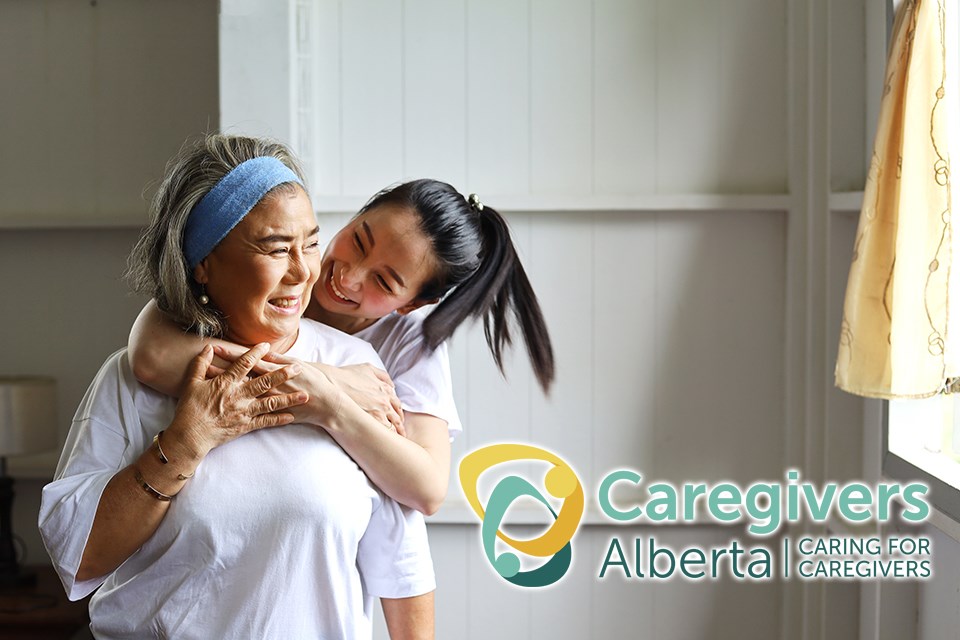Who are these caregivers?
They are parents caring for disabled children, they are young adults caring for siblings, they are the sandwich generation caring for their aging parents. They are people supporting friends through debilitating mental illness or addiction. Some caregivers are as young as 15.
Unpaid caregivers don’t often choose this path. It is thrust upon them and they take on the role because they love the person they are caring for. In fact, most are happy – and more than willing – to provide care. However, caregiving takes its toll, many times impacting a caregiver’s physical health, finances, relationships, jobs and mental well-being.
For the 67 per cent of married/partnered caregivers, 49 per cent modify their life and career-path to accommodate caregiving duties. While 44 per cent of caregivers in Alberta reported an improved relationship with the one receiving care, 52 per cent spent less time with their partners and 54 per cent spent less time socializing or enjoying their own hobbies. Additionally, 35 per cent felt other relationships (partners, friends, children) were strained and 19 per cent felt caregiving led to loneliness and isolation.
Caregivers also require additional support; 65 per cent need financial support, around 35 per cent need help from home care or other health care professionals, and 43 per cent need a reliable place for helpful advice and resources.
Where can caregivers get help?
Caregivers Alberta is a reliable source for advice, resources and a community of support. Programs and services include educational webinars and workshops, support/peer groups, a database of provincial services, one-on-one caregiver coaching, a safe place to share stories of rewards and challenges, and online tools to help caregivers manage stress. Caregivers Alberta is also a strong advocate at all levels of government and with community partners for resources and support.
Why are caregivers at a higher risk of mental-health issues?
Without support, caregivers are at a higher rate of burnout, leading to anxiety and depression.
Caregiver burnout is a state of physical, emotional and mental exhaustion that can occur when an individual juggles care for a loved one with the rest of their responsibilities. It can lead to feelings of hopelessness, overwhelm, lack of motivation and decreased satisfaction with life.
When a caregiver becomes burned out, it can negatively impact their ability to provide care for their loved one, keep up with work demands, and maintain healthy relationships..
It's important for caregivers to prioritize self-care and seek support when they need it. This can include taking breaks, reaching out to support organizations like Caregivers Alberta, reaching out to friends and family for help, and seeking professional counseling or therapy. By taking care of themselves, caregivers can better care for their loved ones and improve their overall well-being.
If you are a caregiver, know that you are not alone. The care you provide for your loved one or friend is making a difference. Recognizing that you, too, need care will help you overcome what can be very significant challenges physically, mentally and financially. It’s okay – and very necessary – to ask for help.
Visit Caregivers Alberta today to find resources for yourself or to refer a caregiver. Patrons can support Caregivers Alberta through donations and volunteerism.
Caregivers Alberta is active on Facebook, Twitter, Instagram, LinkedIn and YouTube. Visit these platforms to learn more.




